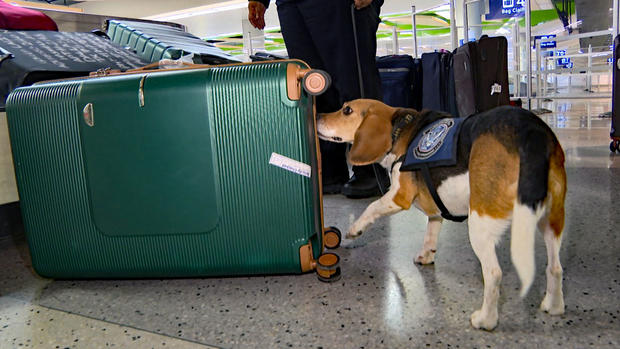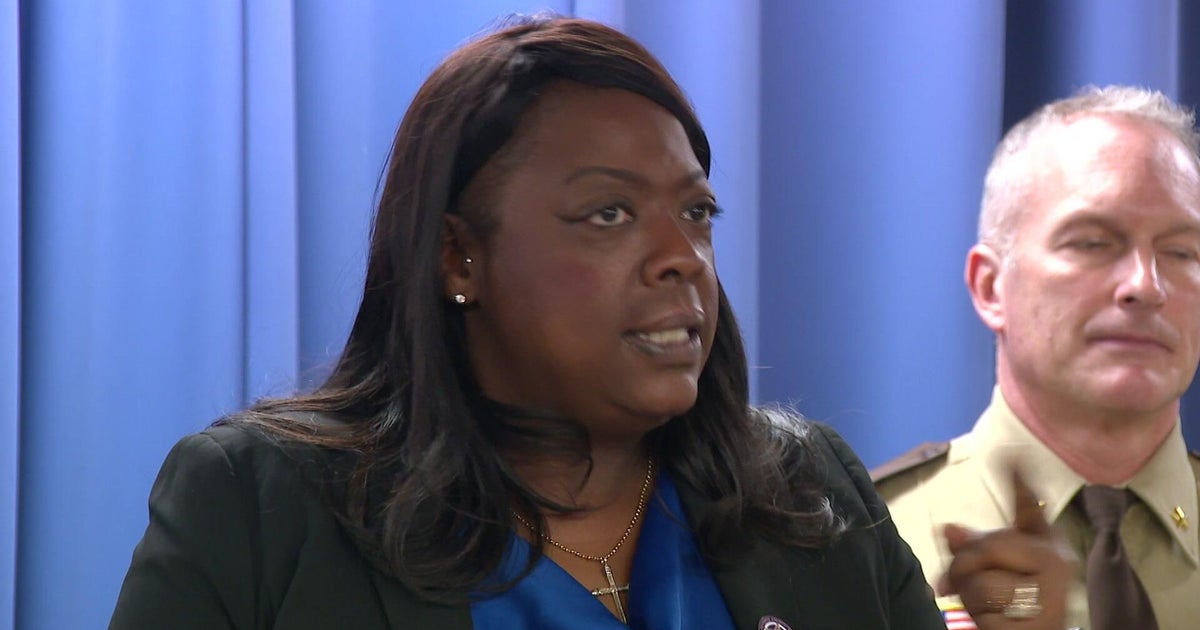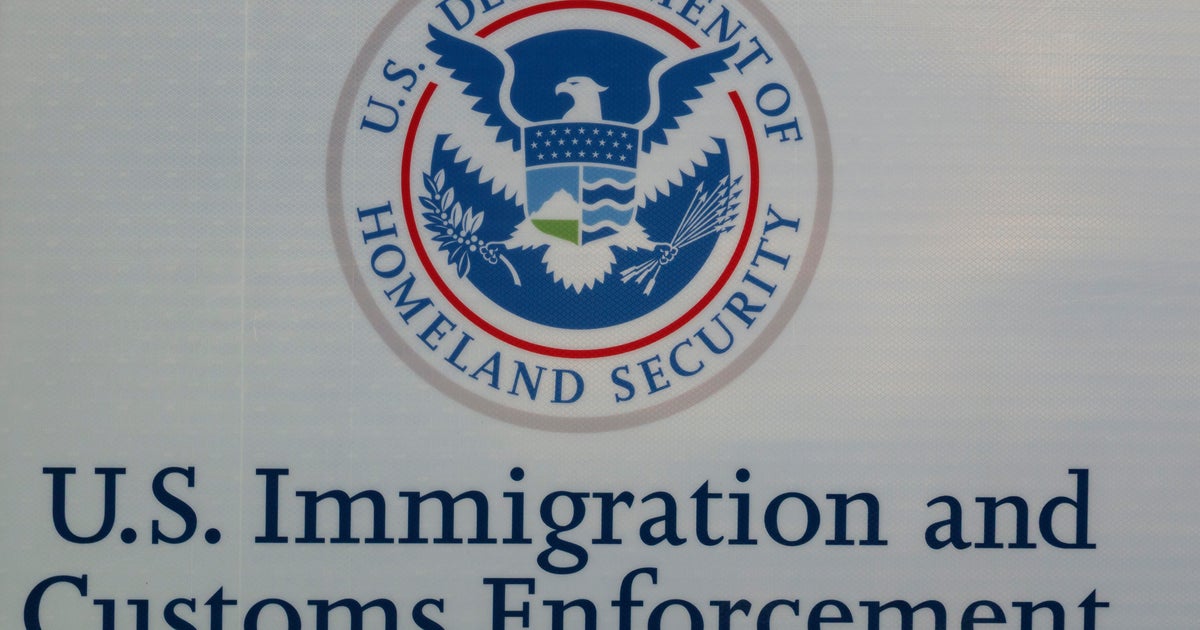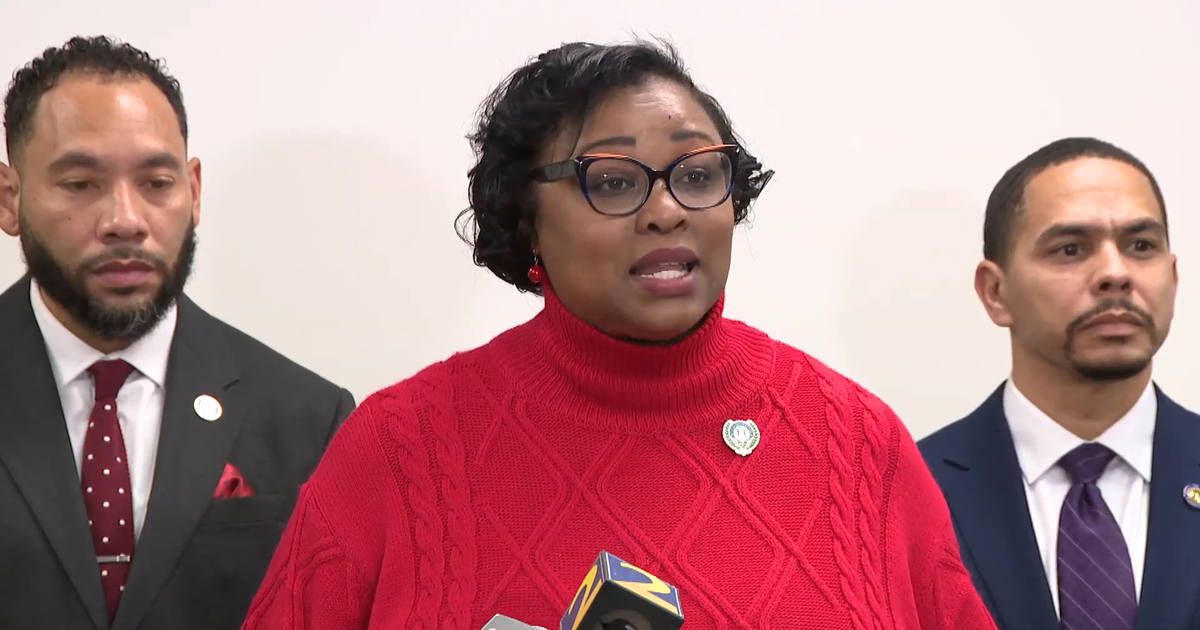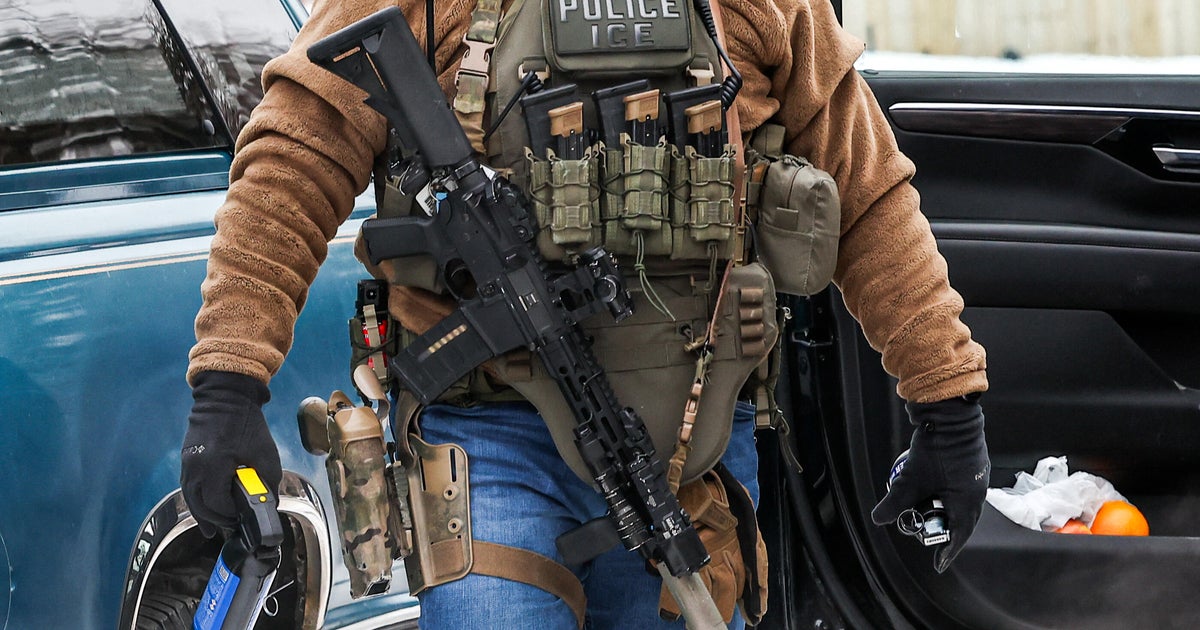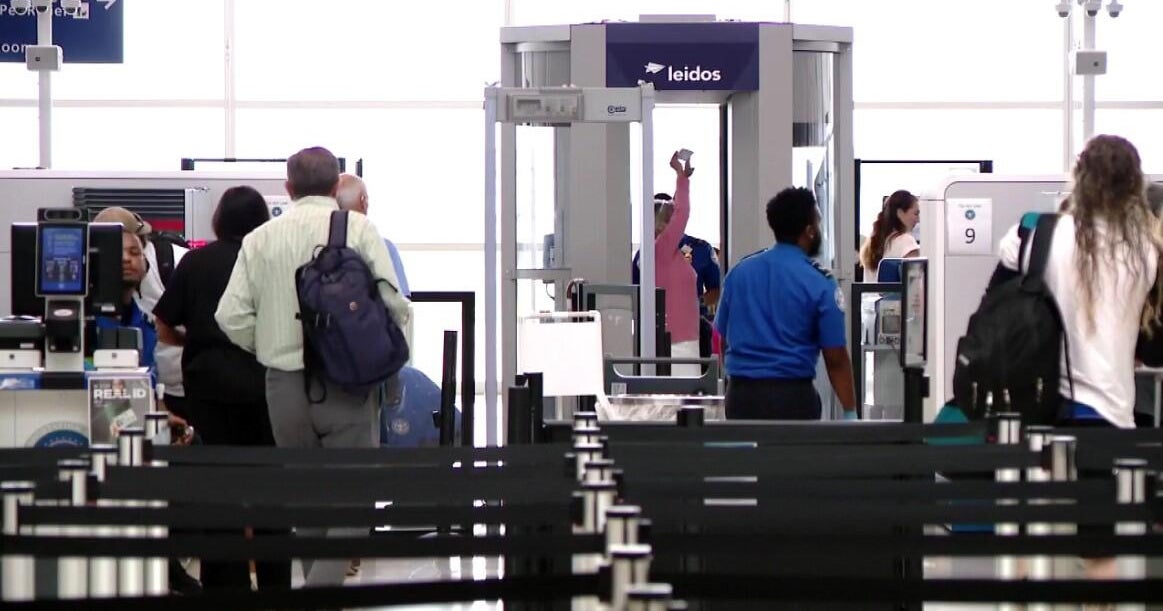Beagles Sniff Out Contraband At DFW Airport, Travelers Urged To Research Banned Items
DALLAS (CBSDFW.COM) - U.S. Customs and Border Protection is urging international travelers to pay attention to what unsafe items are not allowed to enter the country.
"We're doing that to protect American agriculture here," said Selena Parker, Agriculture Specialist and K9 handler at DFW International Airport.
Parker works with Maggey, a 5-year-old beagle, to sniff out the banned items.
"We work as many flights as you know we deem we can. If she is feeling like she wants to work a lot, we do and depending on the flight schedule as well. When we find those items or the dog shows interest in a bag, which means she gives a sit response then we make a referral and then the agriculture specialist will search the bags and if they find a prohibited item they take it out," added Parker.
Banned items can range from foods to wood products to souvenirs as there could be live pests harboring in them. Specifically, the agency prevents anything "that would injure community health, public safety, American workers, children, or domestic plant and animal life, or those that would defeat America's national interests." Sometimes the products that cause injury, or have the potential to do so, may seem fairly innocent.
"We've had live birds that have come through here, the raw meat which is pretty interesting, people bring bison, meat they bring lamb, you know we get exotic fruits through here," said Parker.
Inside the terminal, the beagles use their noses to find out which bags rolling around the luggage carousel contain some of these banned items. After an initial inspection in the baggage area, the luggage the beagles alerted the specialists to are then brought in to an examination area where each item is individually checked, many times opened to see what is inside.
Passengers must declare any food items that are brought in, inspectors will decide what is good and what needs to be thrown away.
If travelers do not declare, it's a civil penalty with fines amounting to $300 on the first offense, $500 on the second offense or sometimes lead to jail.
Agriculture specialists understand some travelers may be upset if they see their family's cooking go into the trash but say it's just to protect the economy, "Everybody wants their specific food from their country but sometimes these things just can't come in so I would just say enjoy them while you're there, don't bring them back to the U.S., enjoy our food crops that we have here and keep them safe," said Agriculture Specialist Mary McNeil.
Click here for the full list of items not allowed.
